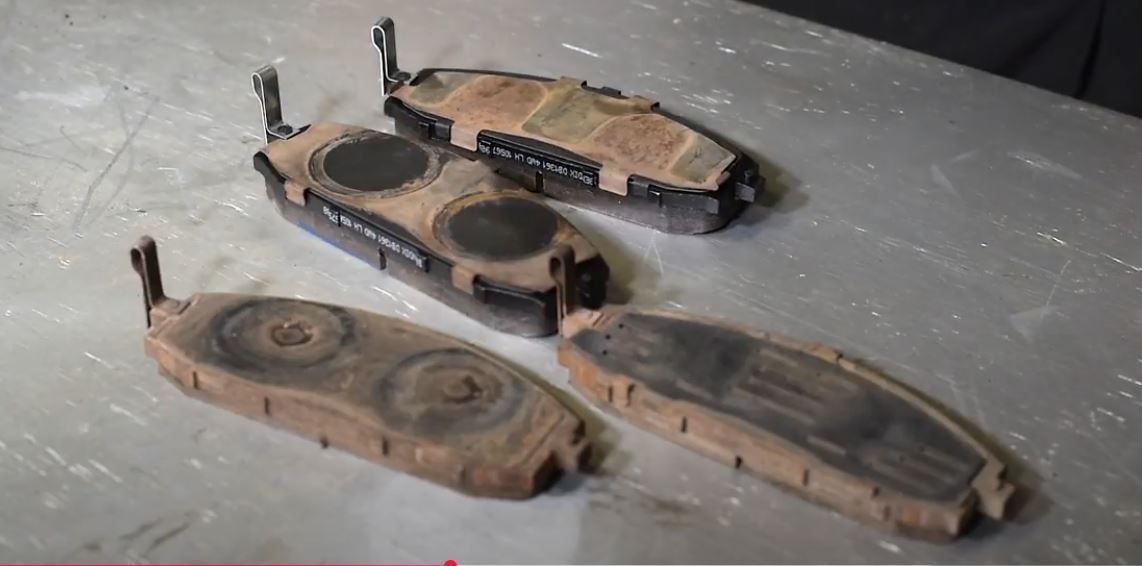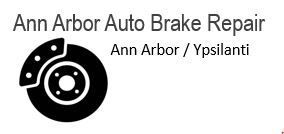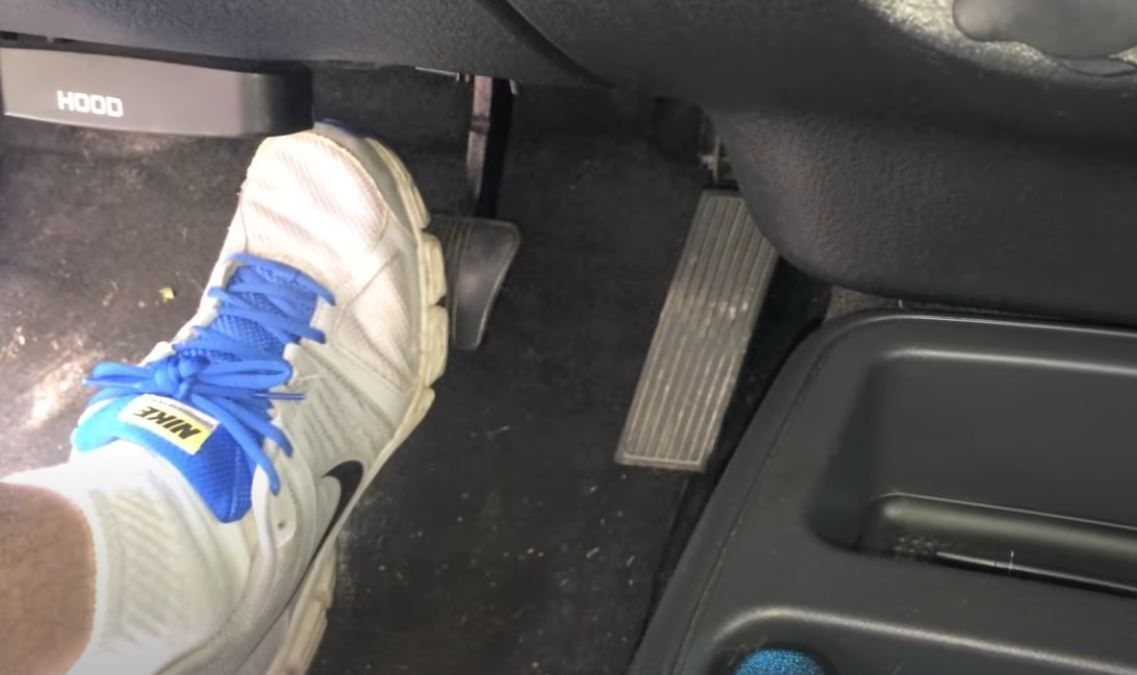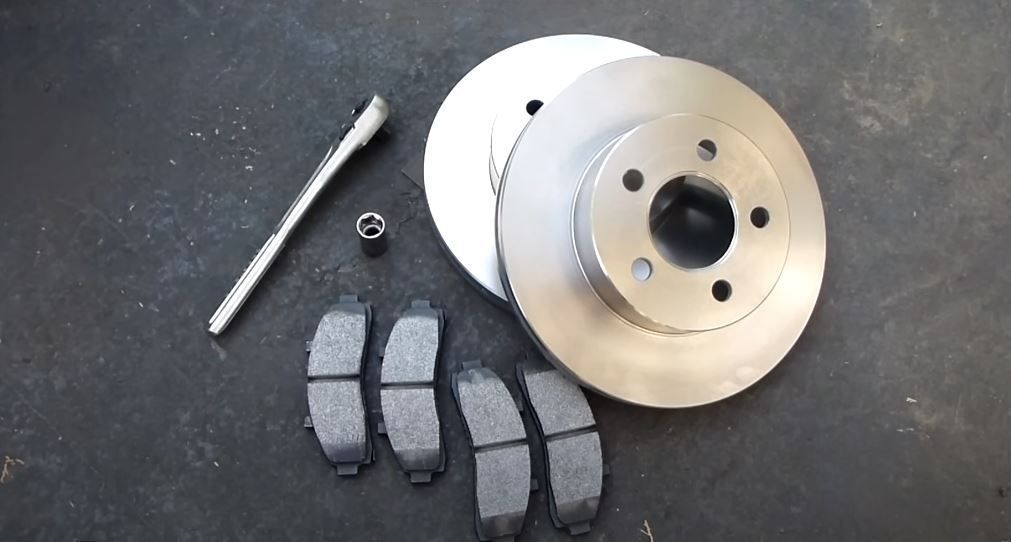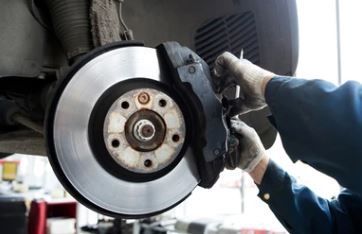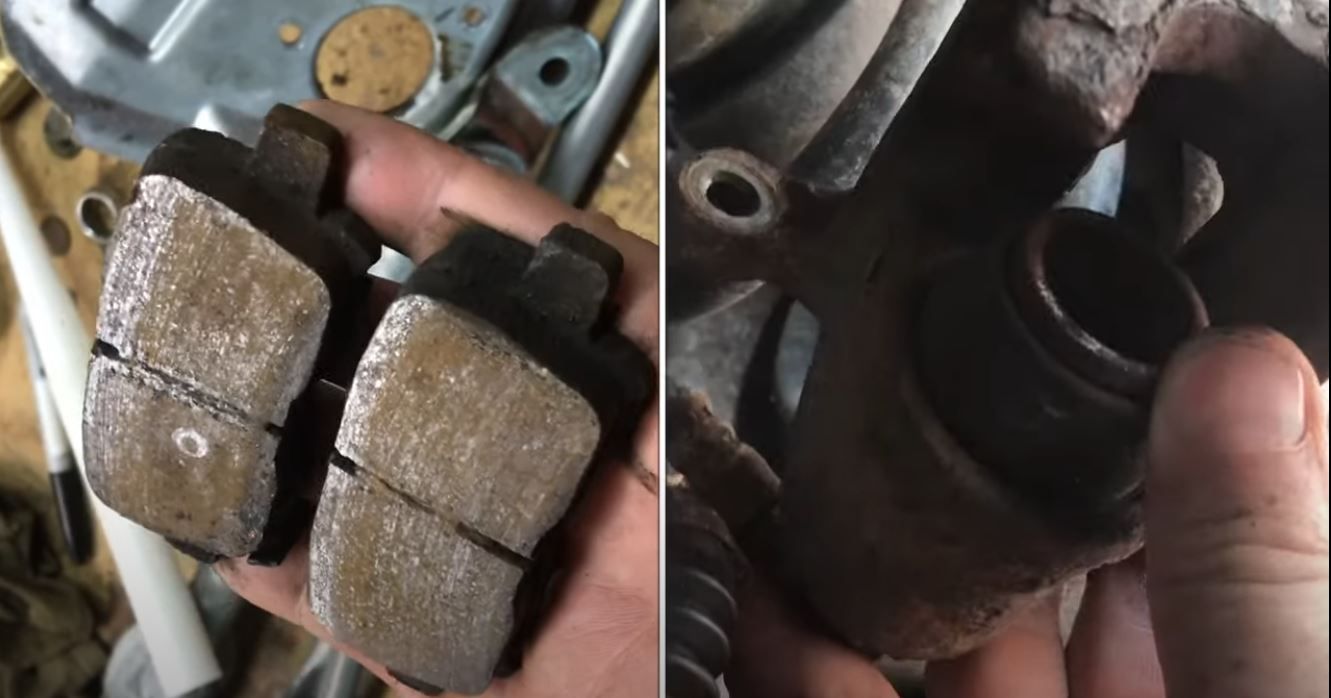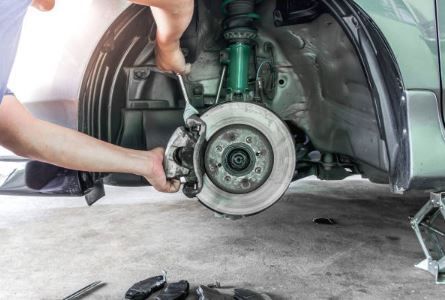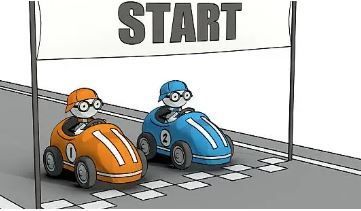What is included in a full brake job?
What is included in a full brake job?
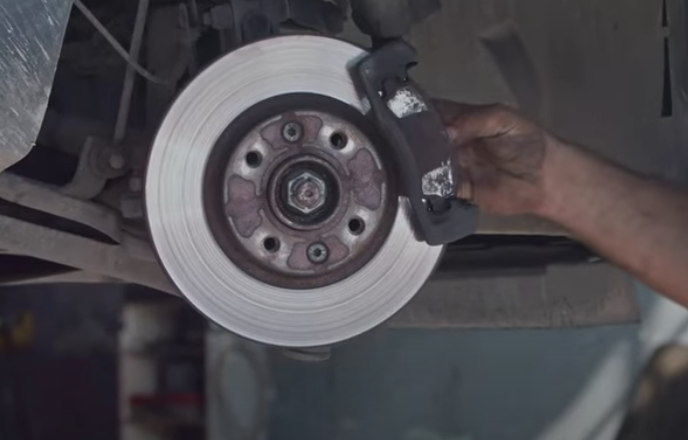
The Complete Guide to a Full Brake Job: Processes, Parts, and Tips
When it comes to vehicle maintenance, having good brakes is imperative for safety. A full brake job can sound daunting, especially for novices who may not have substantial mechanical experience. However, understanding the various processes involved can make the task much more manageable. This article gives a comprehensive breakdown of the activities included in a full brake job, the parts involved, and the recommended skill levels for each step.
While we strive to be very hands-on here, we can also encourage looking for professional intervention. If anything, as a beginner, fiddle around to the point when you consider trusting Ann Arbor Auto Brake Repairs as a reliable alternative to doing the work yourself.
Overview of the Brake Job Process
A standard full brake job consists of the following processes, each comprising specific activities and required parts. Here’s a breakdown of each process, including the percentage of total time spent and the skill levels involved.
1. Inspect the Brake System (10-15% of Total Time)
* Skill Level: Basic mechanical knowledge and visual inspection skills
* Time Required: 10 to 15 minutes
* Activities:
- Visually inspect brake pads, rotors, calipers, brake lines, and ABS sensors.
- Look for signs of wear, warpage, damage, and any leakage in hydraulic lines.
* Parts Involved: Brake pads, rotors, calipers, brake lines, ABS sensors.
2. Prepare for the Job (10-15% of Total Time)
* Skill Level: Basic understanding the mechanics involved
* Time Required: 10 to 20 minutes
* Activities:
- Remove some brake fluid: Open the brake fluid reservoir and bleed off a little brake fluid.
This can help to prevent overflow during the job.
- Jack up the vehicle: Use a jack to lift the vehicle and place jack stands.
This can help to ensure safety when working underneath.
- Remove the wheel: Loosen the lug nuts and take the wheel off to get to the brake components.
- Be careful not to damage the brake hoses or ABS sensors during this process.
* Parts Involved: Brake fluid, jack, jack stands, lug nuts.
3. Remove Calipers and Brake Pads and hardware (15-20% of Total Time)
* Skill Level: Moderate mechanical knowledge and physical strength
* Time Required: 15 to 25 minutes per wheel
* Activities: (Assuming the removal of the wheel from the previous step)
- Remove the caliper: Loosen the bolts that hold the caliper in place.
Be sure to suspend the caliper with a zip tie or bungee cord to avoid kinking the brake hose.
- Remove the brake pads: Pull out the pads and note the position of any wear sensors (squealer tabs).
- Be careful to also remove brake pad clips, screws, and shims.
- Take note of pad wear, sensor wires, and anti-rattle clips, to ensure proper reinstallation.
* Parts Involved: Calipers, brake pads, screws, zip ties/bungee cords.
4. Inspect and Replace Rotors (20-25% of Total Time)
* Skill Level: Moderate mechanical knowledge
* Time Required: 20 to 30 minutes per rotor
* Activities:
- Check the rotors for warping and wear. A rough surface or grooves mean they need to be replaced.
Note: Modern rotors are thinner and are more prone to damage when resurfaced.
- Remove the rotor: If needed, remove the caliper mounting bracket.
Use penetrating oil or a mallet if necessary on rotors with rusted screws or if they are stuck.
* Parts Involved: Rotors, caliper mounting bracket, screws
5. Prepare Parts and Surfaces (10-15% of Total Time)
* Skill Level: Basic mechanical knowledge
* Time Required: 10 to 15 minutes
* Activities:
- Clean any rust off of mounting surfaces with a wire brush for new parts to fit more perfectly.
* Parts Involved: Wire brush, cleaning solution (if needed).
6a. Install New Brake Pads (15-20% of Total Time)
* Skill Level: Moderate mechanical knowledge
* Time Required: 15 to 25 minutes
* Activities:
- Install the new brake pads: Follow the order of removal for the reinstall.
- Use a silicone spray to lubricate the backside of the brake pad and hardware.
- Be sure that the brake pads are secured using brake pad clips and screws.
* Parts Involved: New brake pads, lubricant
6b. Reinstalling the Calipers and Wheels (20-25% of total time)
* Skill Level: Moderate mechanical knowledge and physical strength
* Time Required: 20 to 30 minutes per wheel
* Activities:
- Reinstall the caliper: Using a caliper spreader tool, push the piston back to the correct position.
- Make sure that all the screws on the caliper are tightened.
- Lift the wheel & tire onto the mounting bolts from the face of the rotor. Add the lug nuts to retain the wheel.
- Tighten the lug bolts beyond finger-tight, but not to full tight, in a star pattern.
- Lower the vehicle, and in a star pattern, fully tighten the lug nuts.
* Parts Included: Calipers, wheels, lug nuts, caliper bolts. caliper spreader
7. Top Up Brake Fluid and Bleed System (10-15% of Total Time)
* Skill Level: Basic understanding of brake fluid dynamics and bleeding procedures
* Time Required: 10 to 15 minutes
* Activities:
- Check fluid levels: Top up the brake fluid if necessary.
- Bleed the brakes: Any air inside the brake lines must be removed by using a brake bleeding kit.
Ensure the fluid levels are right.
NOTE: Please be careful not to introduce air into the brake lines during this process.
* Parts Involved: Brake fluid, brake bleeding kit.
8. Test the Brake System (10-15% of Total Time)
* Skill Level: Basic understanding of brake operations and testing procedures
* Time Required: 10 to 15 minutes
* Activities:
- Pump the brakes to restore pressure.
- Take the vehicle for a test drive (first at low, and then high speeds) to check on everything functioning.
* Parts Involved: None.
Time and Skill Level Summary
* Total Time Required for Full Brake Job: Approximately 120-180 minutes (2-3 hours).
* Average Skill Level Needed: Fairly decent at mechanical (about 60 to 70% is required for the installation processes).
* We highly recommend that you take your vehicle to a professional brake shop: 0-1 hour (shop labor time)
Why Consider Professional Help from Ann Arbor Auto Brake Repairs?
While the enthusiasm for doing the work yourself is commendable, tackling a full brake job requires both time and technical skill. Common pitfalls can lead to unsafe conditions. Seeking help from Ann Arbor Auto Brake Repair provides you with the following benefits:
- Experienced Technicians: Our professionals have the training and experience to ensure a quality job.
- Quality Parts: Our shops use high-quality components that may not be available to the average DIYer.
- State-of-the-art equipment and technology: These allow for the precise and accurate diagnosis and repair
- Time-Saving: While a full brake job might take several hours for a novice, our mechanics can complete the same work in about an hour.
- Convenient/flexible scheduling: Appointment times can be accommodated to your schedule
- Safety Assurance: Your safety is of main concern, and our professionals go the extra mile in double-checking their work so that accidents will not happen.
With Ann Arbor Auto Brake Repair, you have the level of professionalism desired in keeping your vehicle in great shape and ensuring safety for you and your loved ones safe on the road.
A full brake job is a very critical part of vehicle safety and performance. While it's possible to successfully complete this task as a novice, understanding the processes and the complexity involved is vital. For professional-grade work, consider entrusting your brakes to experts at Ann Arbor Auto Brake Repairs. They will provide you with peace of mind and the assurance that your brakes are in excellent condition.
